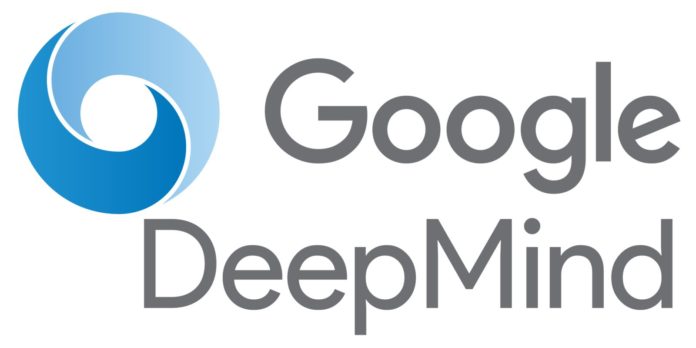Artificial Intelligence (AI) is rapidly finding application in diverse areas, invariably bringing in unprecedented benefits. The ethics in AI, however, has been a contentious issue right from the beginning. And, with AI’s growth, the issue will become even more debatable. The thorniest issues related to AI ethics include the economic impact of AI especially job losses, using AI to conduct controversial studies, using a large amount of unapproved data for conducting AI studies and research, AI bias, and building basic human ethics in AI systems. Addressing these issues is not a small challenge; it needs an undiluted, staunch commitment from AI creators and cutting-edge technological capabilities to weigh in ethics in AI solutions.
How is DeepMind Addressing AI Ethics
Companies, in their own small ways, have started to address the issue of ethics in AI. DeepMind, Google’s subsidiary it bought in 2014, recently announced that it is forming a research group focused on AI ethics. Named DeepMind Ethics & Society (DMES), the research group at DeepMind, is slated to start publishing its research on AI ethics and related issues in 2018. Verity Harding and Sean Legassick, co-leads the team, announced the team on a blog post. They wrote DMES will focus on exploring and understanding the real-world impact of AI. Currently eight-members strong, the group aims to raise its headcount to 25 in a year.
The group will focus on issues such as racism in criminal justice algorithms, ethics in steering crashes in driverless cars, and using private data for AI research. DeepMind is well aware of the issues of ethics in AI, finding itself in the center of a controversy in 2015. It worked in collaboration with UK’s NHS to work on processing the data of 1.6 million patients for its AI research. UK’s data watchdog termed this research illegal because the individuals were not informed about their data being used. DeepMind had to apologize and acknowledge that it had failed in correctly gauging the issues involved with the study. It committed to taking care of related ethics issues in its future AI research and development.
A Path Full of Challenges
Probably the formation of the new group, DMES, is in response to the unwanted controversy DeepMind found itself in. However, forming an ethics group is not a silver bullet that will take care of deeply complex ethics issues. With growing adaptation of AI, AI development and related ethics issues have to go hand-in-hand. Clearly, private companies cannot be public about all the research that it does but then AI ethics challenges all that. It’s exciting to watch AI shape our future. And, it will be equally interesting to watch how companies manage ethics in their AI efforts.


















